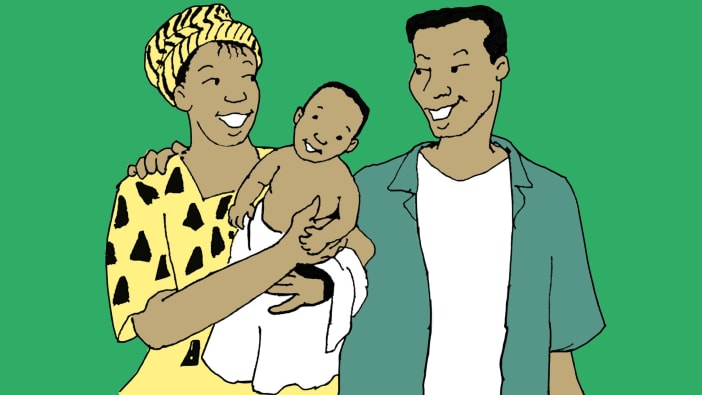Human trafficking is the illegal trade in human life that enslaves over two million people every year. Half of these are children. In China, as in many other countries, many women and girls are transported abroad by traffickers and sold into sexual slavery.
Many women are trafficked within China too, for forced marriage, forced sex work and forced labour. The government’s ‘one child’ policy and a traditional bias towards male children mean that in rural areas there are now fewer young women than men. Poverty and lack of education mean that rural women are often lured away by traffickers who promise well-paid ‘jobs’ and a better life in cities. The Salvation Army is working with local government to develop community-based initiatives against trafficking in a number of affected areas in China. The project aims to raise awareness of the dangers. Community members are encouraged to identify problems and develop their own ways to address health and social concerns that leave people vulnerable to trafficking.
Education and awareness
Raising public awareness of human trafficking is an important means of prevention and protection. Women from neighbouring villages who have been affected by trafficking can warn people and train others to spread the message.
Community priorities
Addressing the problems in communities that make people vulnerable to trafficking is also important. These might include poverty, a lack of employment or lack of access to clean water.
Care and support
People who are trafficked suffer emotional and psychological trauma. Those who escape may face stigma within their communities when they return. Care and support such as counselling and medical services are needed. For those subjected to sex-trafficking, the experience of rape means they will need sexual healthcare provision, including HIV tests, and may also be pregnant. Men and children left behind may also need help and support. Global campaigns such as ‘Stop the Traffik’ (www.stopthetraffik.org) aim to raise awareness of human trafficking in communities around the world and encourage people to join together and speak out to protect people’s human rights not to suffer force or violence, or to be enslaved.
Graeme Hodge works as an Information and Resources Officer for the Salvation Army.
The Salvation Army International Development (UK)
101 Newington Causeway
London
SE1 6BN
UK
Email: [email protected]
Website: www.salvationarmy.org.uk/id
Case studies
Ling was desperate to escape the poverty of her own village. She went to the local market where she knew there were people offering jobs and ‘opportunities’ in other parts of the country. However, Ling quickly realised the truth and managed to escape from the trafficking recruiter and return home to her husband and children. Other women in her village were not so lucky. Most have simply disappeared, to be sold as brides in Eastern China, or to brothels in Hong Kong and other parts of Asia.
Three 12-year-old girls in one village were encouraged by friends to go with traffickers. Their former classmates had already been trafficked, but had been sent back to recruit others, under threat and with false hopes of being released. In their school playground, the girls were told of ‘an amazing opportunity’ in a nearby city. Fortunately, the three girls told their parents, who did not let them go. But they remain vulnerable. Some children have even been taken by force from schools.








